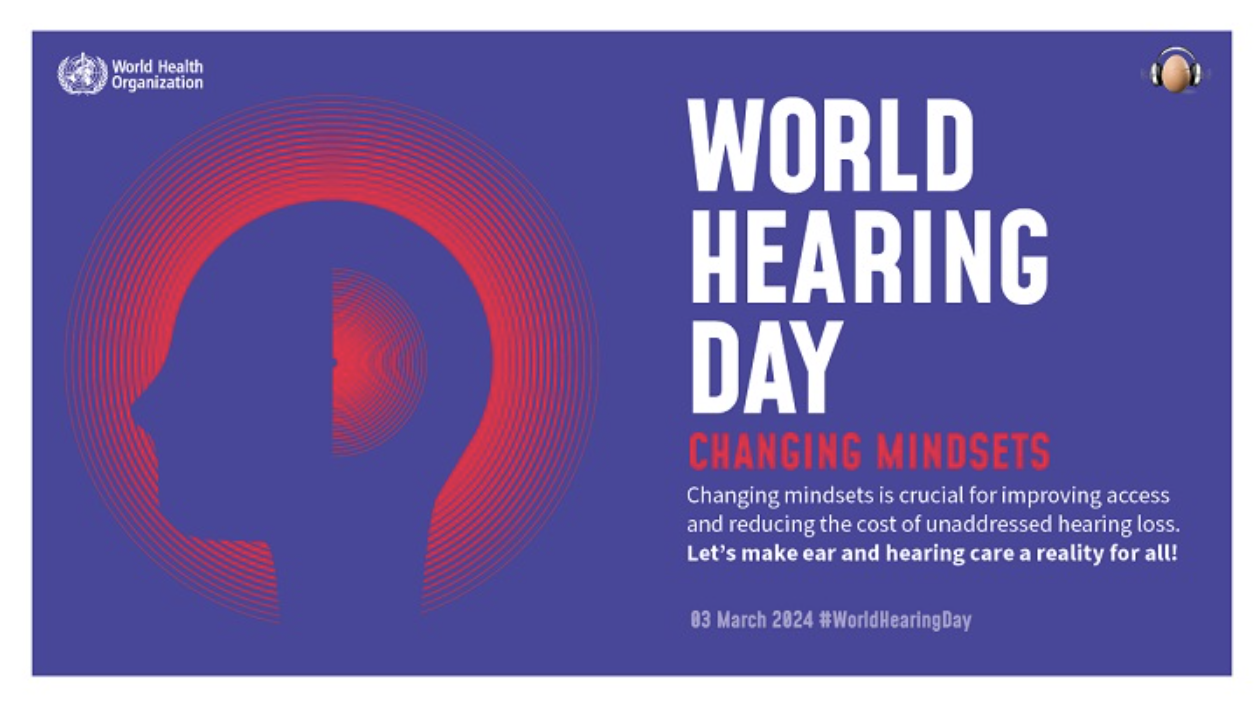
Why subtitles are important for deaf gamers
September 28, 2016
Why I’m traveling the world, despite my hearing loss
September 30, 2016Study: Gene to ‘turn off’ Tinnitus found

Researchers in Sweden have discovered a gene that may be used to prevent tinnitus, according to Science Daily.
Researchers studied a ‘glutamate transporter’– a protein that removes glutamate where neural communication occurs – to determine how it is connected to tinnitus, and other problems such as seizures.
By identifing the molecules behind tinnitus, researchers see it as a first step toward finding a treatment to silence the phantom noises.
“Removing excess glutamate from the synapse is vital for healthy neural function. We discovered that without normal function of the Glutamate Aspartate Transporter (GLAST) gene, animals are more prone to develop tinnitus,” says Cederroth.
The results, published in Frontiers in Behavioral Neuroscience, point toward protective effects that could happen in the ear.
“Our study opens the possibility that higher expression of GLAST in the cochlea could create the resistance of mice to auditory insults, by preventing ototoxicity. We need to now investigate in more detail what happens in the ear and in the brain to identify where GLAST is truly acting and how.
“A method that can objectively quantify a decrease in tinnitus perception after a given treatment would be a major breakthrough in the field. When coupled with human genetic studies, this endeavor could ultimately improve the drug development process and lead to the preventive or curative treatment of tinnitus.”
Tinnitus
Although tinnitus is often described as ‘ringing in the ears,’ it’s not always a ‘ringing’ noise that’s heard. It can be a pulsing, wooshing, whistling or other sounds. The noises you hear with tinnitus are inside your head. They often seem loudest when you’re in a quiet place.
“Tinnitus is a symptom, not a disease itself, as it can result from various potential causes, such as hearing loss due to damage of hair cells in the ear, head injury or infection, toxic drugs, psychiatric and neurodegenerative disorders or circulatory problems,” explains Assistant Professor, Christopher R. Cederroth.
My Personal Experience
Like millions of others – more than 25 million in the US and 70 million in Europe – I sufferer from tinnitus. I can’t remember a time before I had tinnitus: it’s with me to some greater or lesser degree 24/7.
I’m always interested to read studies about research into treatments for tinnitus. I take Betahistine Dihydrochloride to alleviate my tinnitus. I believe it helps, but my doctor is skeptical: I can tell he thinks it’s just the ‘placebo effect,’ but given that the placebo effect is known to be powerful in itself, I don’t really care what it is that helps me. I just know that if I miss a dose, my tinnitus flares up. But what if tinnitus could be prevented – or even cured?
Conclusion
In its conclusion, the report says:
“We propose that GLAST deficiency may serve as a useful model to distinguish more subtle, yet unidentified mechanisms on how tinnitus is triggered and maintained. Finally, optimizing parameters in gap detection in humans may uncover a potential use of this technology in the objective diagnosis of tinnitus (Galazyuk and Hébert, 2015).”
So, further work in this field may lead to an objective method of diagnosis, prevention and a potential curative treatment for tinnitus. A light at the end of the tunnel for tinnitus sufferers like me!




